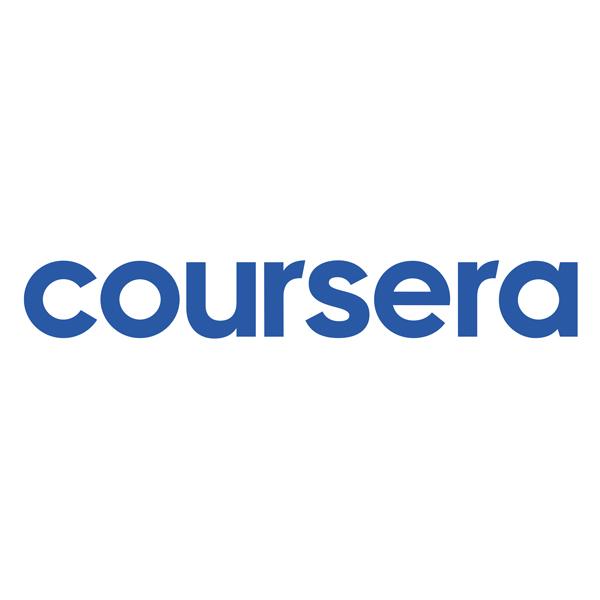
Utilising artificial intelligence to create work-ready graduates in the APAC region
With rapid advancements in artificial intelligence (AI) affecting learning methods and assessment model, universities are embracing these new technologies to enhance their education offering. Universities must leverage AI with agility to prepare students to thrive in future workplaces and meet fast-changing industry demands.
A Times Higher Education webinar, held in partnership with Coursera, explored how teaching and learning models in Asia could be redesigned using AI-driven solutions. The webinar featured a panel of experts from academia and industry in the Asia-Pacific region, who discussed the pace at which AI is being integrated into academic structures and the myriad challenges facing universities as they improve learning outcomes and modernise pedagogical and assessment models.
The panel agreed that the fear that AI will replace faculty persists despite a surge in AI adoption across the region. “It’s not AI versus teachers,” said Eklavya Bhave, director and head of Asia at Coursera. “It is not about one replacing the other. It is both working towards making sure that learning and learning objectives are sharper so that it helps students.”
AI-powered tools can enable universities to implement modern pedagogical methods, such as project-based learning, to improve student outcomes. However, integrating AI into academic modules requires ongoing training and skill development for faculty members. Christine Louise Sommers, chief academic officer and executive dean of the Faculty of Nursing at Universitas Pelita Harapan in Indonesia, emphasised the importance of training, especially for those who are not well-versed in technology.
“We offer monthly training for the faculty members as well as students. We make sure to keep them updated with the latest technological tools,” said Stephanie G. Quiambao, education technology director at the National University in the Philippines.
Responding to the growing technological needs of universities, Coursera is developing an AI-assisted course builder that will help faculty personalise course content and tailor it to students’ academic and career aspirations. The tool will assist educators at various stages of course building, including defining course themes, duration and learning objectives, curating course content using learning materials from other universities or co-creating course materials with industry partners, explained Bhave. This aims to help faculty embrace technology to develop courses efficiently and have full autonomy over the process.
Makhliyo Muksinova, chief operations officer for education at IT Park Uzbekistan, explained that integrating AI into the assessment models enables faculty to holistically assess students’ academic progress. Simultaneously, faculty must guide students to critically evaluate AI-generated results.
Mabel Tan Hwee Joo, president and chief executive officer of UCSI College in Malaysia, said that anti-plagiarism tools can help detect AI-generated essays to an extent. She added that educators must look for signs of personalisation and contextualisation by the student when assessing essays in the era of AI.
According to Bhave, adopting different assessment models is an effective way to address concerns regarding academic integrity. Faculty members can use AI to generate assessment questions and create project-based assessments that will help students acquire important soft skills such as communication and collaboration, concluded Bhave.
The panel:
- Eklavya Bhave, director and head of Asia, Coursera
- Alistair Lawrence, head of branded content, Times Higher Education (chair)
- Makhliyo Muksinova, chief operating officer for education, IT Park Uzbekistan
- Stephanie G. Quiambao, education technology director, National University
- Christine Louise Sommers, chief academic officer, provost and executive dean, Faculty of Nursing, Universitas Pelita Harapan
- Mabel Tan Hwee Joo, president and chief executive officer, UCSI College
Watch the webinar on demand above or on the THE Connect YouTube channel.
Find out more about Coursera.

